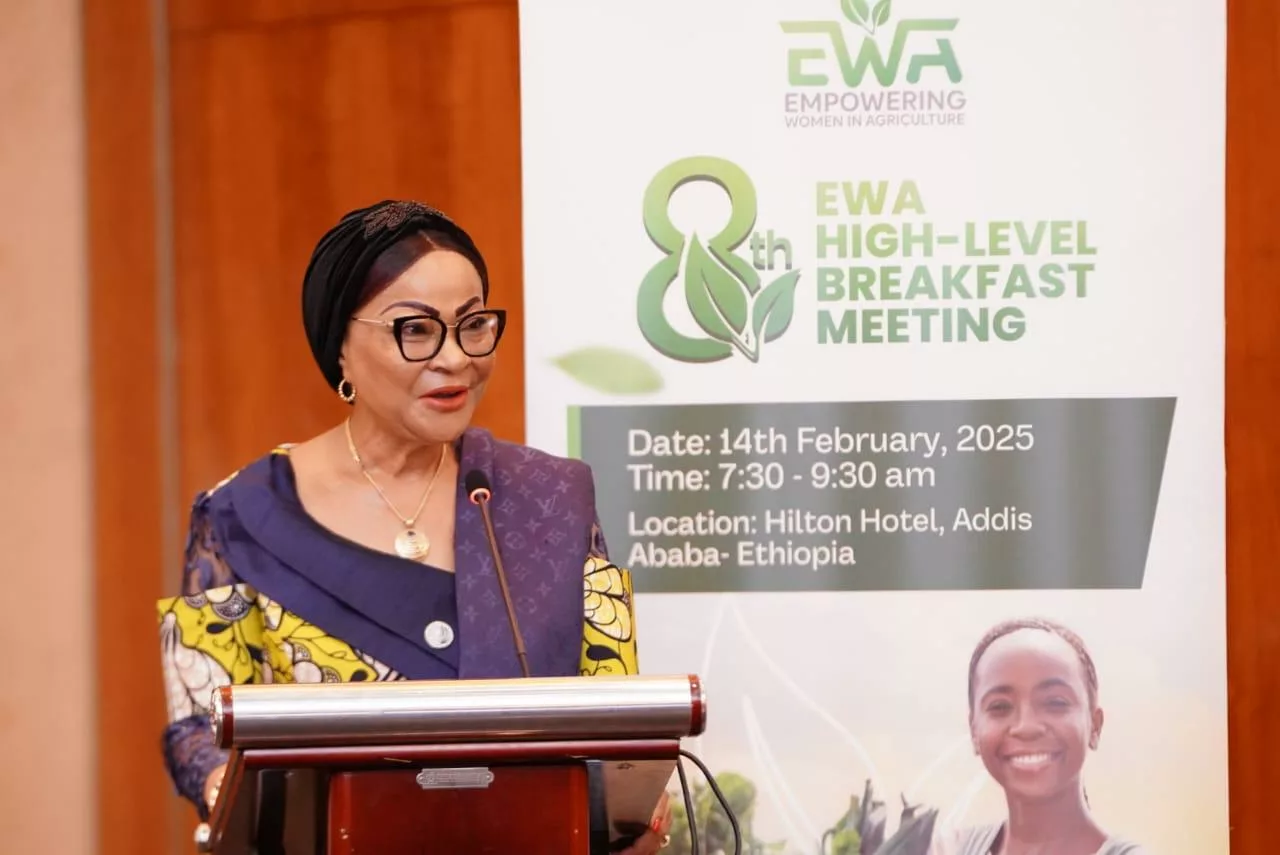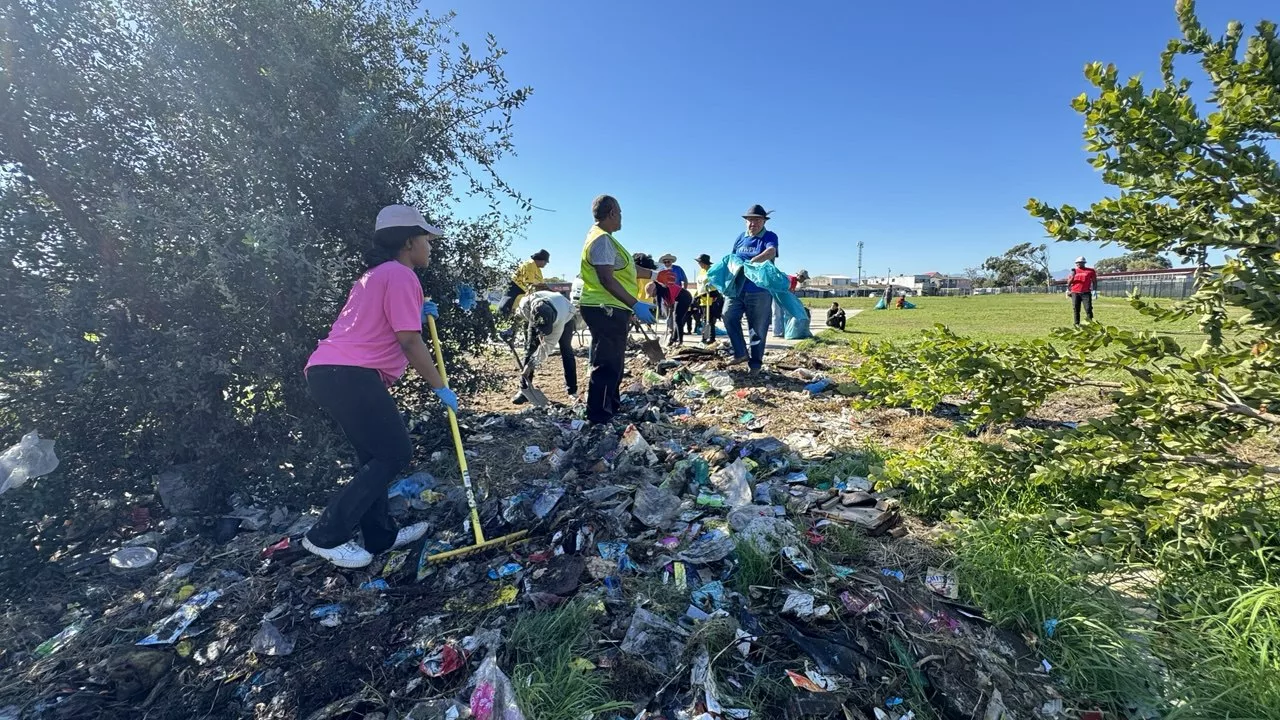|
Getting your Trinity Audio player ready...
|
Addis Ababa 14 February 2025 – Women are the backbone of Africa’s agri-food systems, contributing immensely to production, processing, distribution, and family livelihoods, outgoing African Union Commissioner for Agriculture, Rural Development, Blue Economy and Sustainable Environment Josefa Correia Sacko said in Addis Ababa.
The Angolan diplomat at the end of her mandate at the AU, who was speaking at the high-level meeting on empowering women in agriculture, held on the sidelines of the 38th African Union Summit, stressed that women make up approximately 52% of the agricultural labour force and contribute to the production of around 40% of the continent’s food.
“These statistics alone underline the indispensable nature of women’s commitment to ensuring food security and economic stability across the continent,” she emphasised.
She stressed that despite this, women continue to face systemic barriers that prevent them from realising their full potential in the continent’s agri-food systems, mainly limited access to productive resources such as land, funding, technology, and services, compared to their male counterparts.
The diplomat said that this persistent ‘gender gap’ hinders not only the empowerment of women but also the productivity and overall growth of African agriculture.
Josefa Sacko pointed out that studies show that when women have equal access to productive resources, agricultural yields can increase by between 20 and 30 percent, which leads to improved food security and nutrition for families.
According to the ambassador, in recognition of this fact, member states have set a goal, within the framework of the Malabo declaration commitments, to increase the proportion of rural women with decision-making power in agriculture to 20 percent by 2025.
“However, the most recent assessment of CAADP’s fourth biennial review report shows that, of the 49 member states that submitted reports, only seven are on track to fulfill this commitment. This is alarming and it is our collective responsibility to work together – to address these barriers and create an enabling environment for women to flourish in Africa’s agri-food systems,” she argued.
She said that to reverse this situation, the African Union Commission (AUC), which recognises that no significant agricultural transformation can take place without the full participation and leadership of women, launched the campaign to confine the hand hoe to the museum, advocating mechanisation to ease the burden on women farmers, and created the Platform for Women in Agriculture (PAWA) to provide a space for women’s voices and advocacy.
In the same vein, International Rural Women’s Day is celebrated annually on 15 October, recognising women’s contributions to agri-food systems, and most recently the baseline study to develop a policy framework for Women in Agri-Food Systems in Africa was completed, which will guide efforts to ensure a more inclusive and equitable agricultural sector.
As part of Africa’s new comprehensive agricultural development programme, member states have committed to empowering at least 30% of women in agri-food systems by 2034, facilitating access to productive resources, financial services, innovation, technology, and access to land for women, young people, and marginalised groups.






